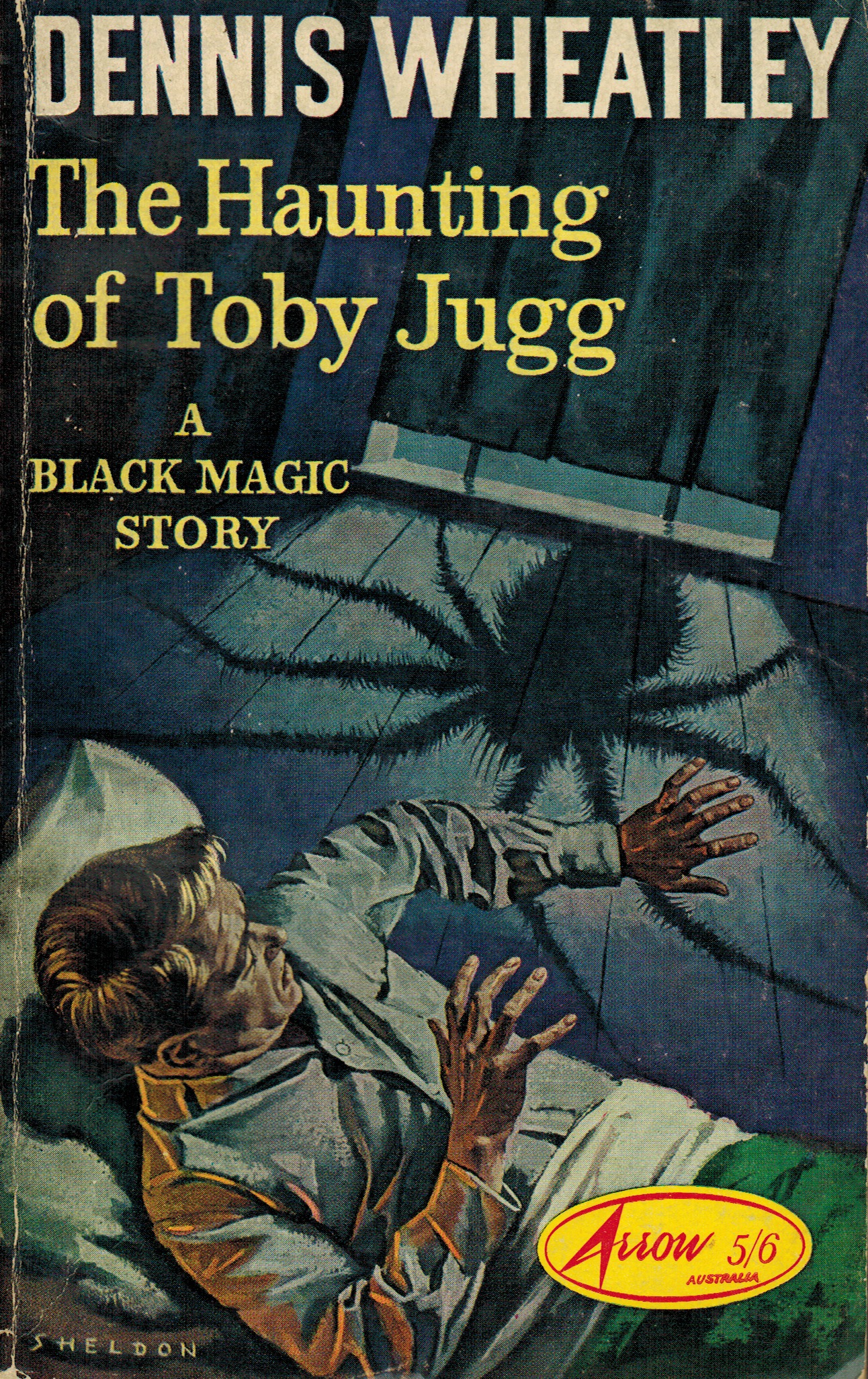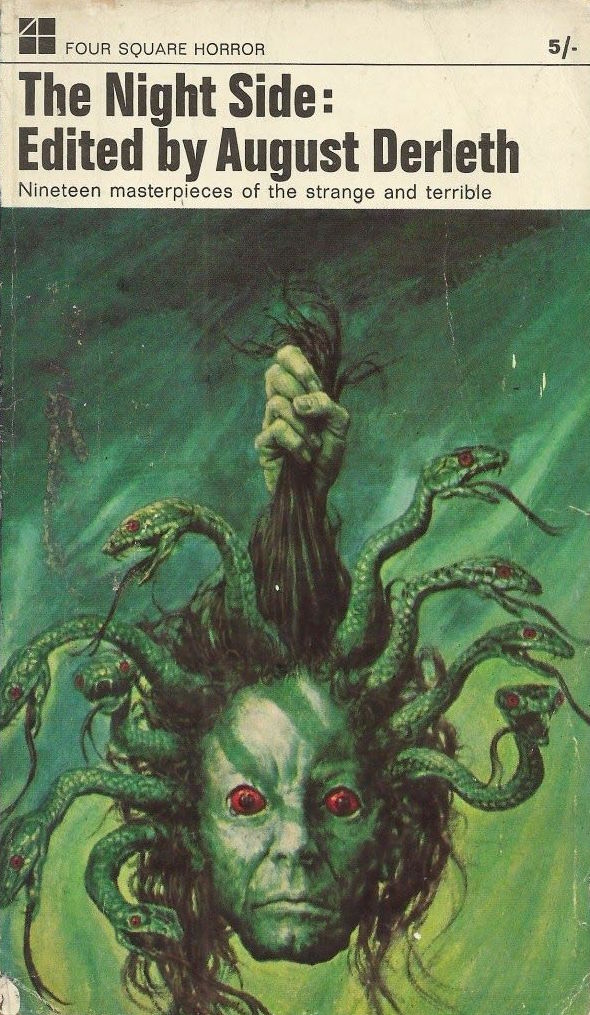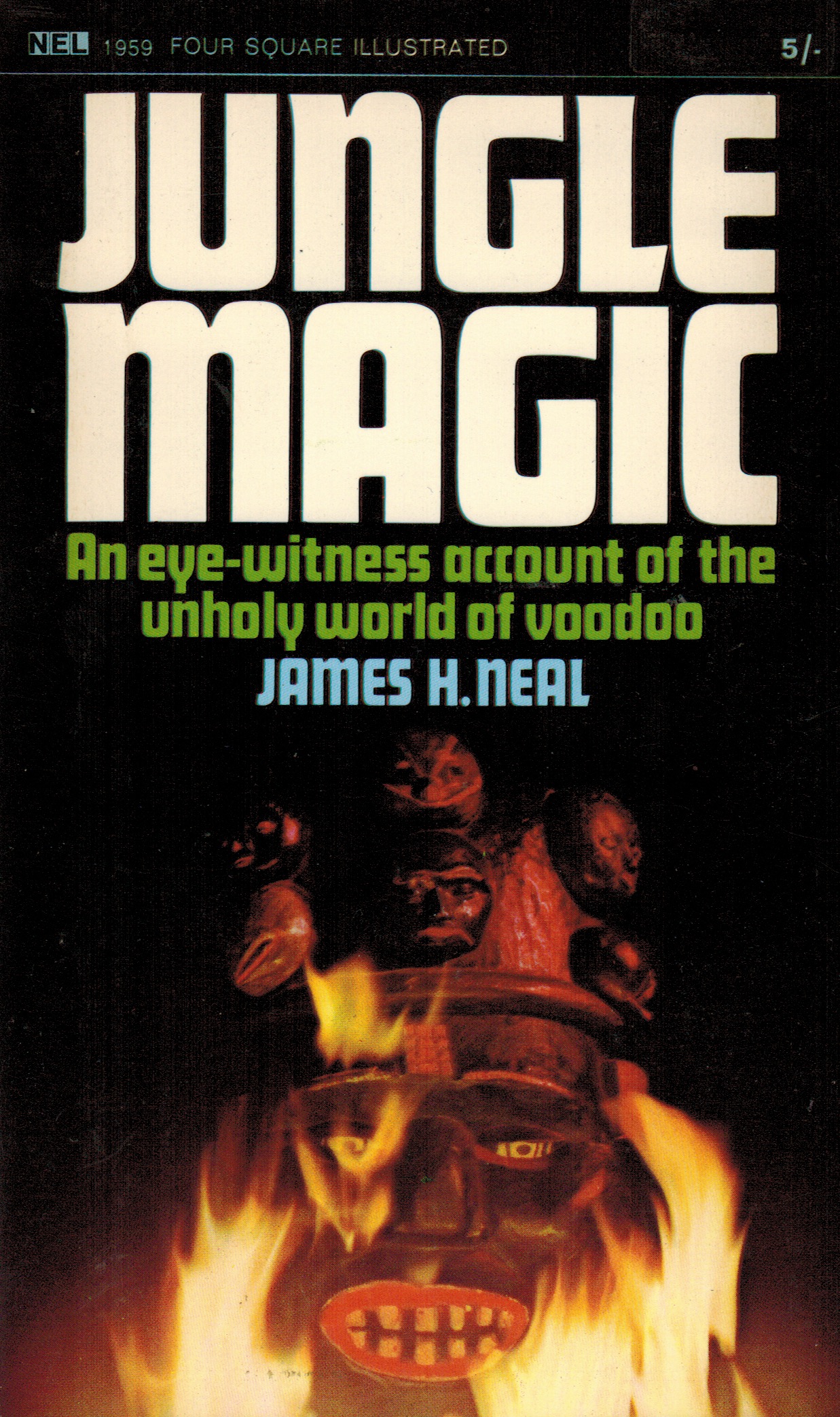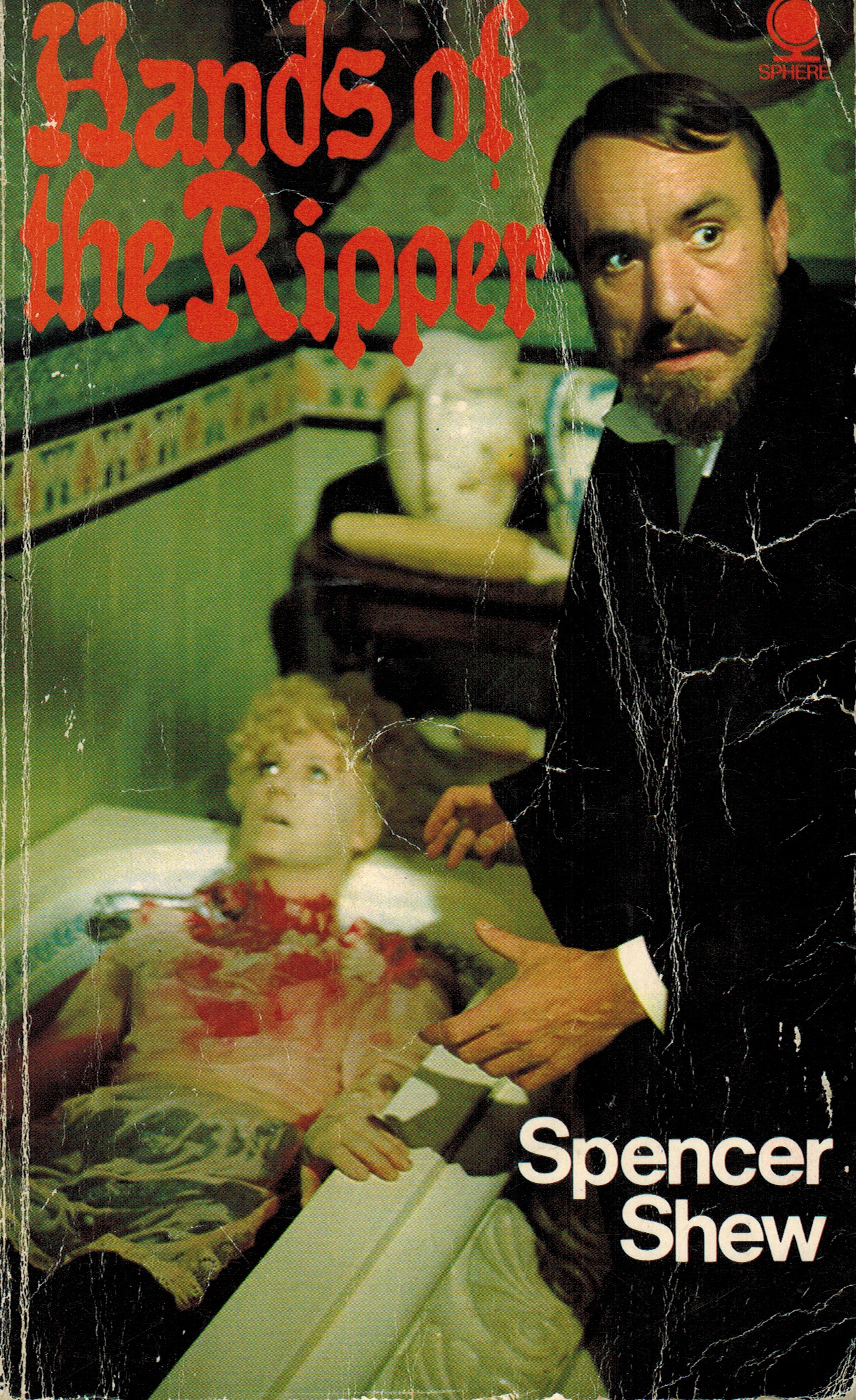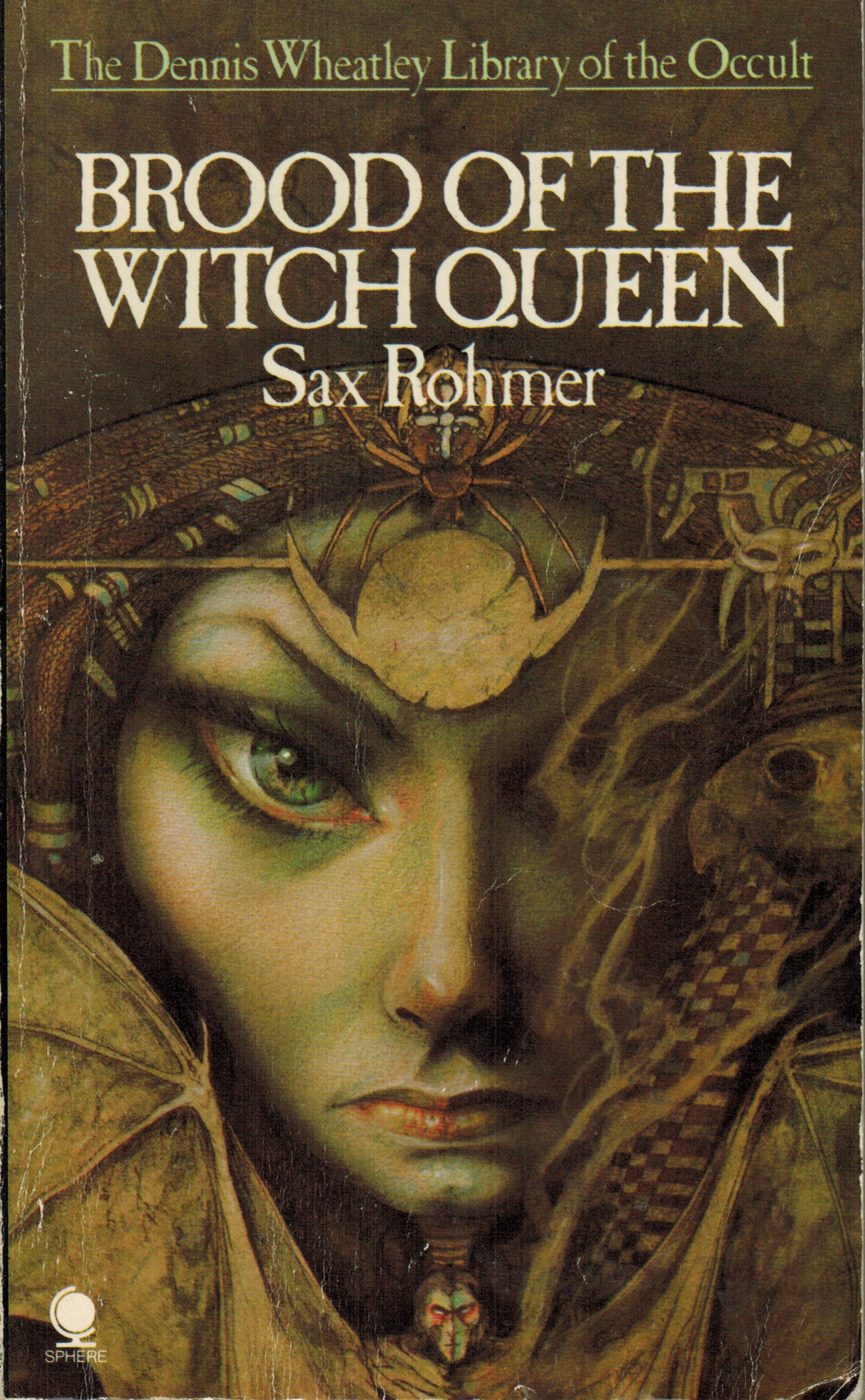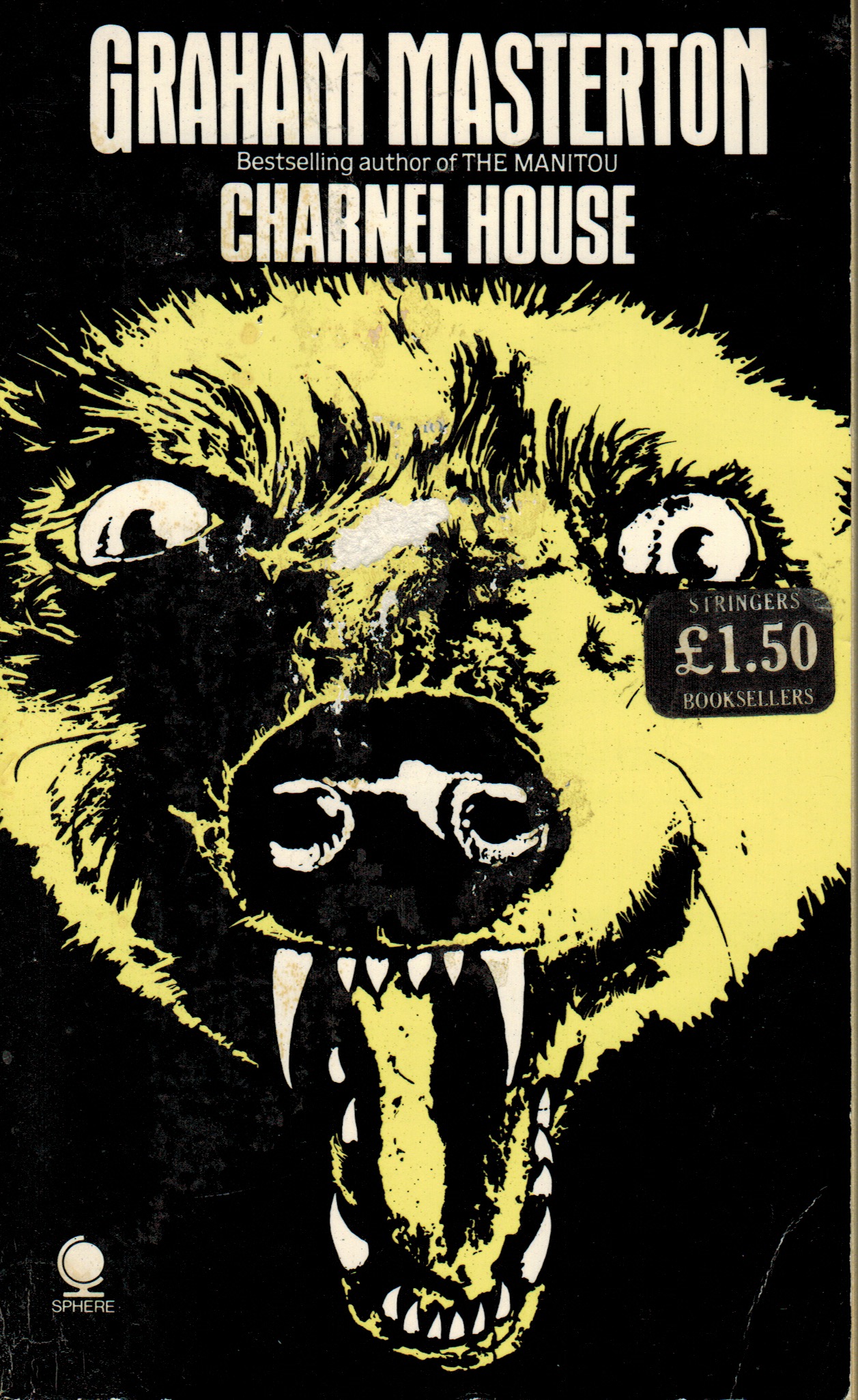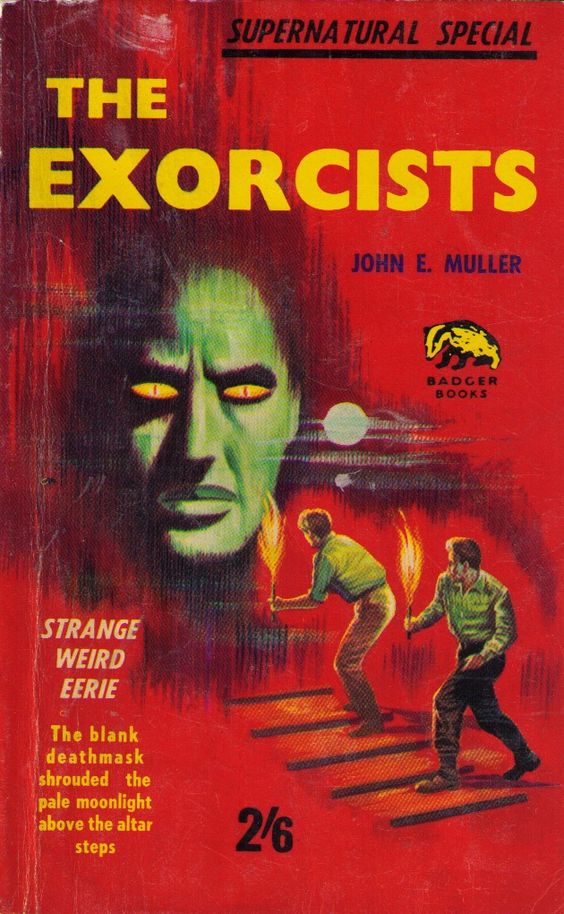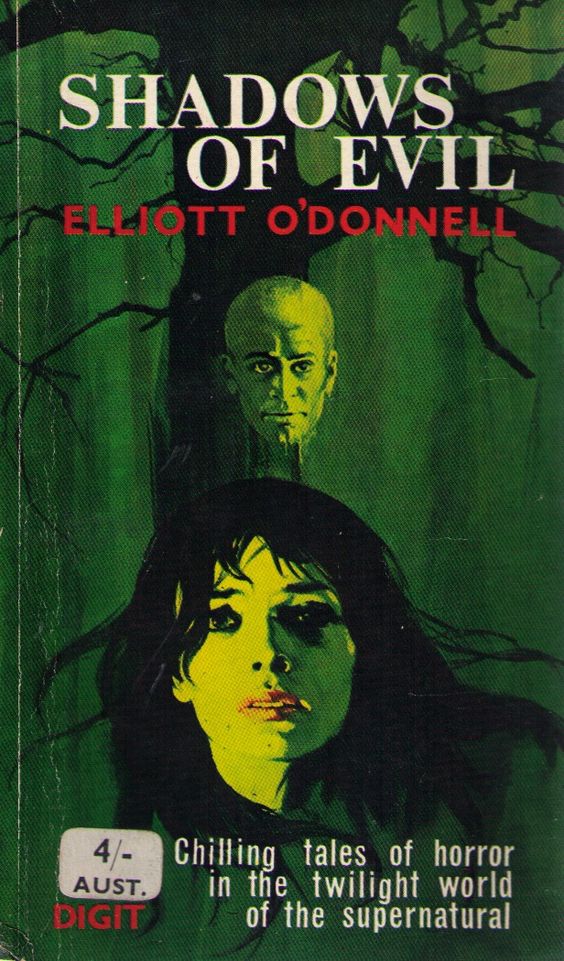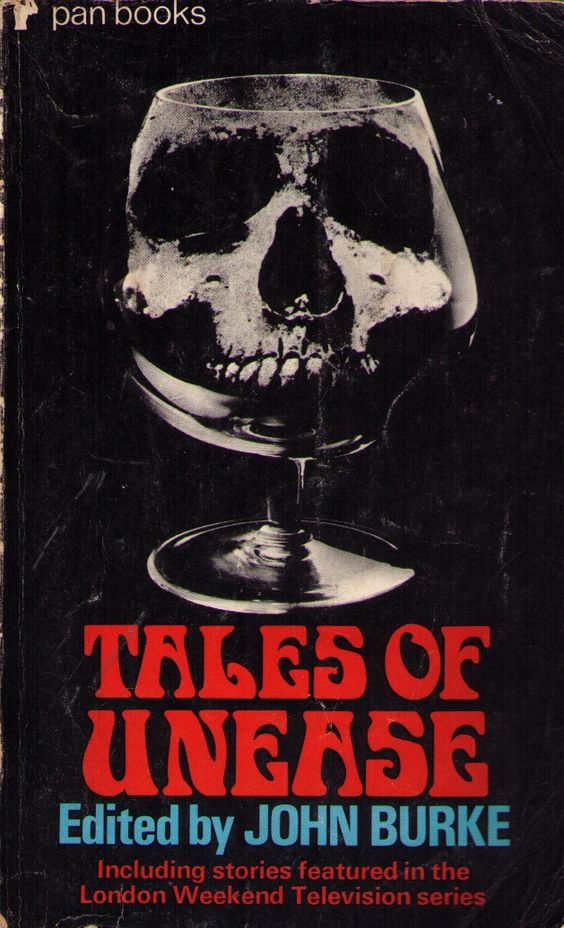Search
-
Recent Posts
- Dishing up Pulp Curry in a new way: why I am starting a Substack newsletter
- Book reviews: Deadly dames, midcentury Brit pulp and 1970s science fiction
- Mackenna’s Gold (1969): Gold, Ghosts and Frontier Violence
- Orphan Road book launch
- Orphan Road now available
- Pre-orders open for my new novel, Orphan Road
- Cover reveal: Orphan Road, my follow up to Gunshine State
- Breakfast in the Ruins podcast: New English Library Bikermania
- Why 1973 was the year Sidney Lumet took on police corruption
- Men’s Adventure Quarterly: Gang Girls issue
Categories
- 1960s American crime films
- 1970s American crime films
- 1980s American crime films
- 1990s American crime films
- Adrian McKinty
- Albert Dekker
- Andre De Toth
- Angela Savage
- Angie Dickinson
- Anthony Zerbe
- Asian noir
- Australian crime fiction
- Australian crime film
- Australian noir
- Australian popular culture
- Australian pulp fiction
- Australian television history
- Ava Gardner
- Beat culture
- Belmont Tower Books
- Ben Wheatley
- Billie Whitelaw
- Black pulp fiction
- Blaxsploitation
- Book cover design
- Book Reviews
- British crime cinema
- British pulp fiction
- Bryan Brown
- Burt Lancaster
- Carter Brown
- Charles Durning
- Charles Willeford
- Chester Himes
- Christopher G Moore
- Christopher Lee
- Cinema culture
- Claude Atkins
- Coronet Books
- Crawford Productions
- Crime Factory
- Crime Factory Publications
- Crime fiction
- Crime fiction and film from Africa
- Crime fiction and film from Cambodia
- Crime fiction and film from China
- Crime fiction and film from India
- Crime fiction and film from Indonesia
- Crime fiction and film from Japan
- Crime fiction and film from Laos
- Crime fiction and film from Latin and Central America
- Crime fiction and film from Malaysia
- Crime fiction and film from New Zealand
- Crime fiction and film from Scandinavia
- Crime fiction and film from Singapore
- Crime fiction and film from South Korea
- Crime fiction and film from Thailand
- Crime fiction and film from the Philippines
- Crime Fiction and film set in Vietnam
- Crime film
- Dangerous Visions and New Worlds Radical Science Fiction 1950 to 1985
- David Goodis
- David Peace
- David Whish-Wilson
- Derek Raymond
- Diana Dors
- Dirk Bogarde
- Don Siegel
- Don Winslow
- Donald Westlake aka Richard Stark
- Dystopian cinema
- Ernest Borgnine
- Eurocrime
- Fawcett Gold Medal Books
- Femme fatale
- Fernando Di Leo
- Filipino genre films
- Film Noir
- Forgotten Melbourne
- French cinema
- French crime fiction
- Garry Disher
- Gene Hackman
- George V Higgins
- Georges Simenon
- Ghost Money
- Giallo cinema
- Gil Brewer
- Girl Gangs, Biker Boys and Real Cool Cats: Pulp Fiction & Youth Culture, 1950-1980
- Gloria Grahame
- Gold Star Publications
- Gregory Peck
- Gunshine State
- Heist films
- Horror
- Horwitz Publications
- Humphrey Bogart
- Ian Fleming
- Interviews
- Ira Levin
- James Caan
- James Crumley
- James Ellroy
- James Hadley Chase
- James Woods
- Jim Brown
- Jim Thompson
- Joel Edgerton
- John Frankenheimer
- Joseph Losey
- Karen Black
- Kerry Greenwood
- Kinji Fukasaku
- Larry Kent
- Laura Elizabeth Woolett
- Lee Marvin
- Leigh Redhead
- Lindy Cameron
- M Emmet Walsh
- Mad Max
- Mafia
- Malla Nunn
- Martin Limon
- Megan Abbott
- Melbourne International Film Festival
- Melbourne Writers Festival
- Men's Adventure Magazines
- Michael Caine
- Michael Fassbender
- Mickey Spillane
- Monarch Books
- Ned Kelly Awards
- Neo Noir
- New English Library
- Newton Thornburg
- Noir Con
- Noir fiction
- Non-crime reviews
- Oren Moverman
- Orphan Road
- Ozsploitation
- Pan Books
- Parker
- Paul Newman
- Peter Boyle
- Peter Corris
- Peter Strickland
- Peter Yates
- Poliziotteschi
- Pulp fiction
- Pulp fiction in the 70s and 80s
- Pulp fiction set in Asia
- Pulp Friday
- Pulp paperback cover art
- Qui Xiaolong
- Raymond Chandler
- Richard Burton
- Richard Conte
- Robert Aldrich
- Robert Mitchum
- Robert Ryan
- Robert Stone
- Rock Hudson
- Roger Smith
- Rollerball
- Rosaleen Norton
- Roy Scheider
- Rural noir
- Sam Levene
- Sam Peckinpah
- Samuel Fuller
- Science fiction and fantasy
- Scripts Publications
- Sidney Lumet
- Sidney Poitier
- Simon Harvester
- Snowtown
- Snubnose Press
- Spies
- Stanley Baker
- Sterling Hayden
- Steve McQueen
- Sticking it the the Man Revolution and Counter Culture in Pulp and Popular Fiction 1950 1980
- Stuart Rosenberg
- Tandem Books
- Tart noir
- Tartan Noir
- Ted Lewis
- Toni Johnson Woods
- True crime
- Vicki Hendricks
- Victor Mature
- Vintage mug shots
- Vintage pulp paperback covers
- Wallace Stroby
- War film
- Westerns
- William Friedkin
- Woody Strode
- Yakuza films
- Yaphet Kotto
Nothing but noir
Recommended reading
The lurid world of pulp
- 20th century Danny Boy
- American Pulps
- Bear Alley
- Bloody, Spicy, Books
- Comics Down Under
- Everything second hand
- Existential Ennui
- Greenleaf Classic Books
- Irv O. Neil's Erotica is My Trade
- Killer Covers
- Lost Classics of Teen Lit 1939-1989
- Luminist Archives
- Men's Pulp Mags
- Mporcius Fiction Log
- Murder, Mayhem and Long Dogs
- Neglected Books
- Nocturnal Revelries
- Paperback Warrior
- Paperbacks of the Gods
- Pop Sensation
- Pulp artists
- Pulp Covers
- Pulp Crazy
- Pulp Flakes
- Pulp International
- Pulp Magazines Project
- Pulp Serenade
- Realms of the Night
- Romance Fiction Has a History
- Rough Edges
- Sin Street Sleaze
- Spy Guys and Gals
- The department of Afro American Research Arts & Culture
- The Dusty Bookcase
- The Haunted World of Richard Sala
- The Moon Lens
- The Nick Carter & Carter Brown Blog
- The Pulp & Paperback Fiction Reader
- Too Much Horror Fiction
- True Pulp Fiction
- Vault of Horror
- Vintage Nurse Romance Novels
- Vintage Romance Novels
- Welcome to the Pan Paperback
- Yellow and Creased
Support This Site
If you like what I do please support me on Ko-fi
Category Archives: Pulp Friday
Pulp Friday: British horror pulp
 Halloween approaches and, as has been my habit over the last couple of years, I want to mark the occasion with a bit of pulp. Horror pulp, actually. British horror pulp, to be exact.
Halloween approaches and, as has been my habit over the last couple of years, I want to mark the occasion with a bit of pulp. Horror pulp, actually. British horror pulp, to be exact.
American horror pulp got a bit of love on this site a little while ago, when I reviewed Grady Hendrix’s Paperbacks From Hell: The Twisted History of ‘70s and ‘80s Horror Fiction, a history of American horror from the 1970 and 1980s.
But I reckon the Brits have always done horror pulp really well. And, if you want proof, feast your eyes on the wonderful selection of British horror pulp from the 1960s and 1970s, all sourced from my collection, including a couple of ultra rare Hammer paperback film tie-ins I own.
Enjoy Halloween.
Posted in Adrian McKinty, Albert Dekker, British pulp fiction, Horror, New English Library, Pulp fiction in the 70s and 80s, Pulp Friday, Pulp paperback cover art
Tagged British horror pulp, Dennis Wheatly, Four Square Books, Hammer Films paperback tie-ins, Michel Parry, New English Library, Pulp Friday
Pulp Friday: Brighton Rock
 Today’s Pulp Friday is linked to my recent post on Nick Triplow’s Getting Carter: Ted Lewis & the Birth of Brit Noir, an upcoming biography of the author of the classic crime novel, Jack’s Return Home, which you can read here.
Today’s Pulp Friday is linked to my recent post on Nick Triplow’s Getting Carter: Ted Lewis & the Birth of Brit Noir, an upcoming biography of the author of the classic crime novel, Jack’s Return Home, which you can read here.
One of the aspects of the book I enjoyed was how Triplow weaved into his narrative a discussion of the cultural touchstones that would’ve influenced Lewis as he was growing up in the 1950s and 1960s. As Triplow makes clear, much of this was American, such things pulp novels and film noir. But among the local influences name checked by Triplow is Graham Greene’s novel, Brighton Rock, filmed in 1947 by John Boutling and starring a young Richard Attenborough as the vicious hoodlum, Pinkie Brown. A screen adaption shifting the story to the early 1960s and making Pinkie a moped driving mod was released in 2010.
The novel, which arguably made Greene’s name as a writer, was first published in the UK by Penguin in 1938 and has been republished numerous times. In addition to the classic orange Penguin cover, the book also received a more pulpy treatment by overseas publishers. One of these includes Australian pulp publisher Horwitz Publications, who released the edition above in 1961. This is one of a number of Penguin books republished by Horwitz, which the Australian company jazzed up with one its trademark lurid covers.… Read more
Pulp Friday: Hell is a City
 A very quick Pulp Friday offering, Maurice Procter’s Hell is a City, published by Arrow Books, 1957. I am not sure, but this edition may even be the first British release of the novel in paperback.
A very quick Pulp Friday offering, Maurice Procter’s Hell is a City, published by Arrow Books, 1957. I am not sure, but this edition may even be the first British release of the novel in paperback.
Procter was a former Manchester policeman turned crime writer, best known for his police procedurals featuring the character of Detective Chief Inspector Harry Martineau, based in a tough fictional northern England industrial town. Proctor penned 14 Martineau novels, which appeared between 1954 and 1969, of which Hell is a City was the first.
Two things have got me thinking about the Martineau books. The first is my PhD research at the moment, which has been looking at the prevalence of American style detective and PI crime fiction in the 1950s in the US, UK and Australia. Procter’s work is different from a lot of post-war British crime pulp, which was set in America.
I’ve also been reading Nick Triplow’s excellent biography of English crime writer, Ted Lewis, Getting Carter (which I’ll be reviewing on this site in the coming weeks).
Among the popular cultural touchstones, Triplow writes, that would inspire Lewis’s work, including the iconic series of British gangster novels featuring the character of Jack Carter, was the 1960 film adaption of Hell is City by Val Guest.… Read more
Posted in British crime cinema, British pulp fiction, Crime film, Pulp fiction, Pulp Friday, Pulp paperback cover art, Stanley Baker, Ted Lewis, Vintage pulp paperback covers
Tagged Detective Chief Inspector Harry Martineau, Getting Carter, Hell Drivers (1957), Hell is a City (1960), Jack Carter, Maurice Procter, Nick Triplow, Stanley Baker, Ted Lewis, The Criminal (1960), Val Guest
Pulp Friday: ‘The godfather of the airport novel’
 Have you ever noticed, whenever someone pens one of those articles listing the most influential books of the second half of the 20th century, how worthy the titles are? You’ll usually find books like Harper Lee’s To Kill A Mockingbird, Solzhenitsyn’s The Gulag Archipelago, Richard Bach’s Jonathan Livingston Seagull or E. M Forster’s Maurice, published in 1971, a year after the author’s death. But no one ever mentions influential books I suspect people were actually reading in large numbers, Peyton Place, Jacqueline Susan’s Valley of the Dolls, Mario Puzo’s The Godfather or the subject of today’s Pulp Friday offering, the novels of Harold Robbins.
Have you ever noticed, whenever someone pens one of those articles listing the most influential books of the second half of the 20th century, how worthy the titles are? You’ll usually find books like Harper Lee’s To Kill A Mockingbird, Solzhenitsyn’s The Gulag Archipelago, Richard Bach’s Jonathan Livingston Seagull or E. M Forster’s Maurice, published in 1971, a year after the author’s death. But no one ever mentions influential books I suspect people were actually reading in large numbers, Peyton Place, Jacqueline Susan’s Valley of the Dolls, Mario Puzo’s The Godfather or the subject of today’s Pulp Friday offering, the novels of Harold Robbins.
Growing up in the 1970s, when popular culture was still mass rather than the niche individual choice it is increasingly now, Robbins was still a big deal. I don’t know about your household, but prominently placed amongst the Alistair Maclean and Ian Fleming thrillers, Desmond Morris’s The Naked Ape and Erich von Daniken’s 1968 sensation, Chariot of the Gods, were a large number of paperback books by Robbins.
Robbins has been called ‘the godfather of the airport novel’ and the ‘Onassis of supermarket literature’. He wasn’t a good writer by any stretch of the imagination but starting with his debut novel, Never Love A Stranger, in 1948, he produced fast paced, meaty narratives with larger than life characters, corporate executives and adventurers, accompanied by lashings of drama and explicit sex.… Read more
Posted in New English Library, Pulp fiction, Pulp fiction in the 70s and 80s, Pulp Friday, Pulp paperback cover art
Tagged Airport novels, Alistair Maclean, Andrew Wilson, Chariot of the Gods, Desmond Morris, Erich von Daniken, Harold Robbins, Harold Robbins: The Man Who Invented Sex, Ian Fleming, Jacqueline Susan, Mario Puzo, Never Love A Stranger, Peyton Place, The Godfather, The Naked, Valley of the Dolls
Pulp Friday: A Clockwork Orange
 It has been a while between posts, I know. This site, as well as a number of other things in my life, has taken a back seat in order for me to meet a few pressing deadlines, in particular, working on a monograph for a English publisher on Norman Jewison’s 1975 dystopian science fiction classic, Rollerball.
It has been a while between posts, I know. This site, as well as a number of other things in my life, has taken a back seat in order for me to meet a few pressing deadlines, in particular, working on a monograph for a English publisher on Norman Jewison’s 1975 dystopian science fiction classic, Rollerball.
While Jewison was not a great fan of science fiction he was impressed by two science fiction films, both of them made by Stanley Kubrick: 2001: A Space Odyssey (1968) and A Clockwork Orange, released in 1971 (although it was not released in Australian until 1988). It is this latter film that is the subject of today’s Pulp Friday post.
Published by Anthony Burgess in 1962, A Clockwork Orange is set in a near future dystopian England suffering from an epidemic of extreme youth violence and economic stagnation. The book’s teenage protagonist, Alex, narrates the story of his various criminal exploits and the subsequent efforts of the conservative state authorities to rehabilitate him, in a made up language Burgess called ‘Nadsat’.
Burgess’s own politics were conservative, with a streak of anarchism running through his thinking. He wrote A Clockwork Orange in three weeks, influenced by his views of the growing youth culture in early sixties England.… Read more
Posted in British crime cinema, Dystopian cinema, Pan Books, Pulp Friday, Pulp paperback cover art, Science fiction and fantasy, Vintage pulp paperback covers
Tagged 2001: A Space Odyssey (1968), A Clockwork Orange (1971), Anthony Burgess, Ballantine Books, Norman Jewison, Pan Books, Rollerball (1975), Stanley Kubrick

